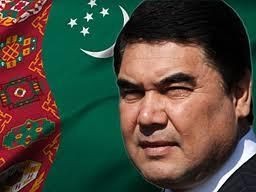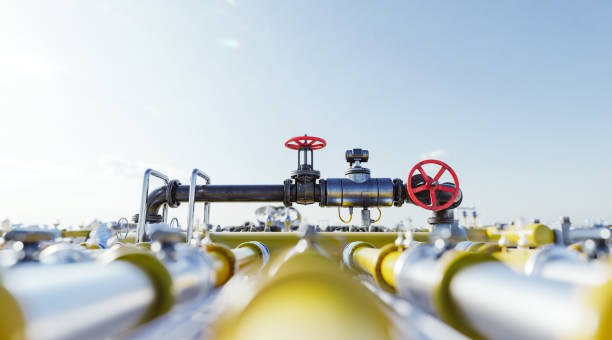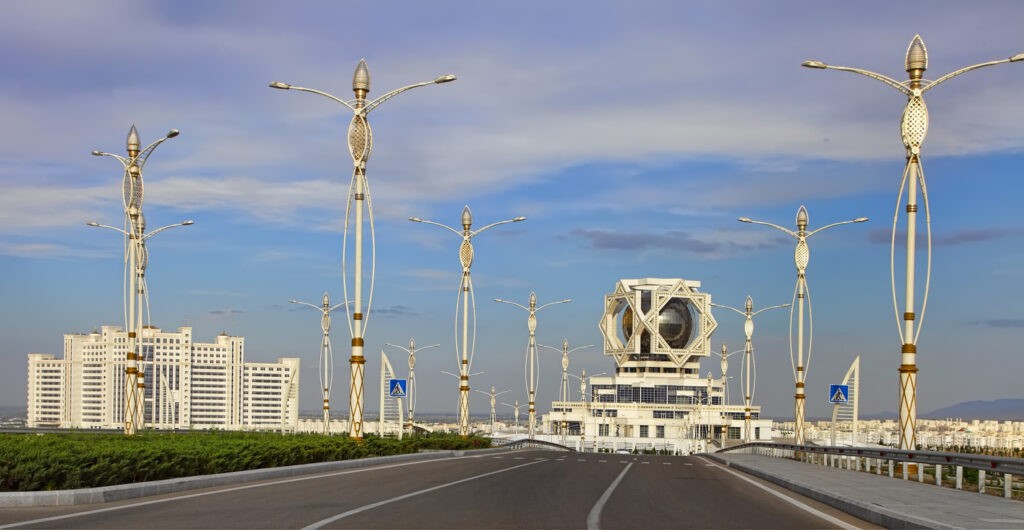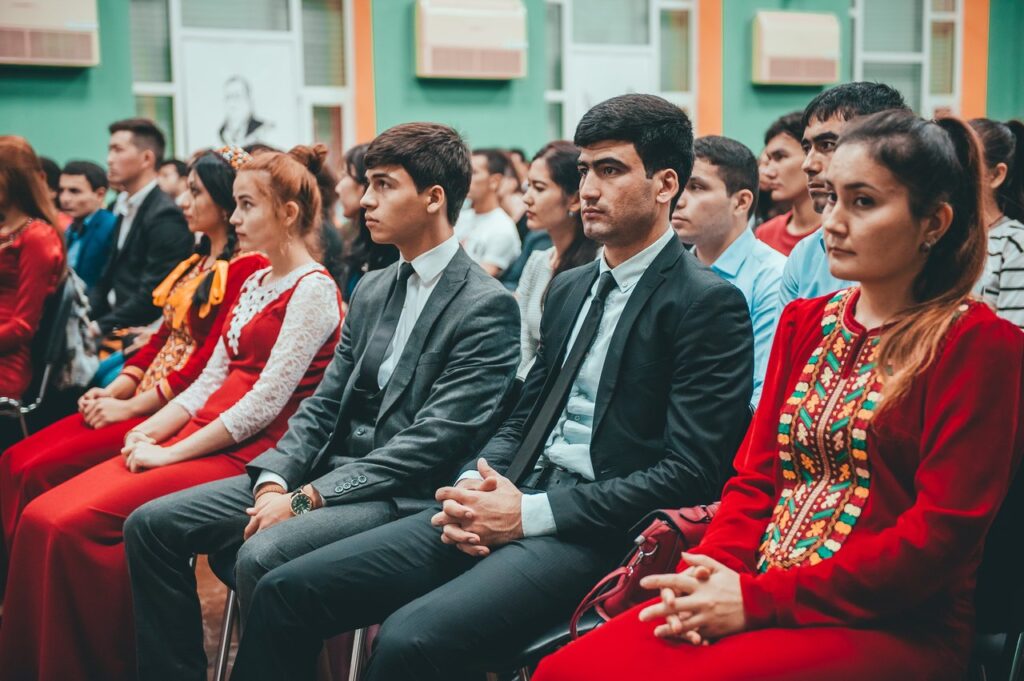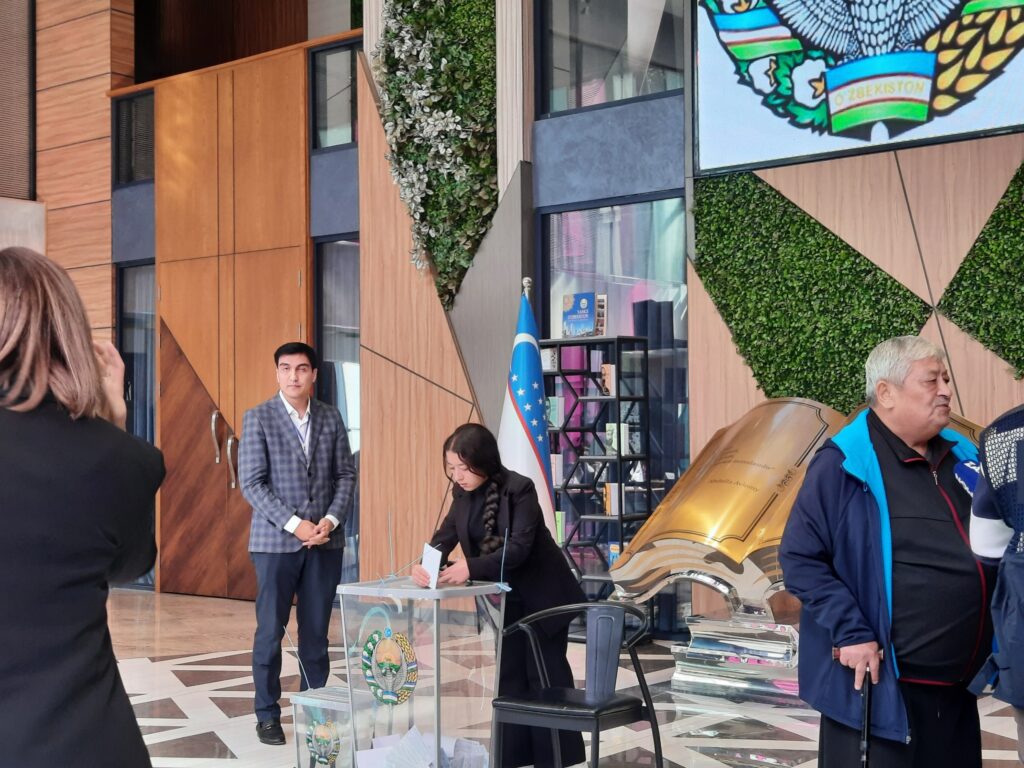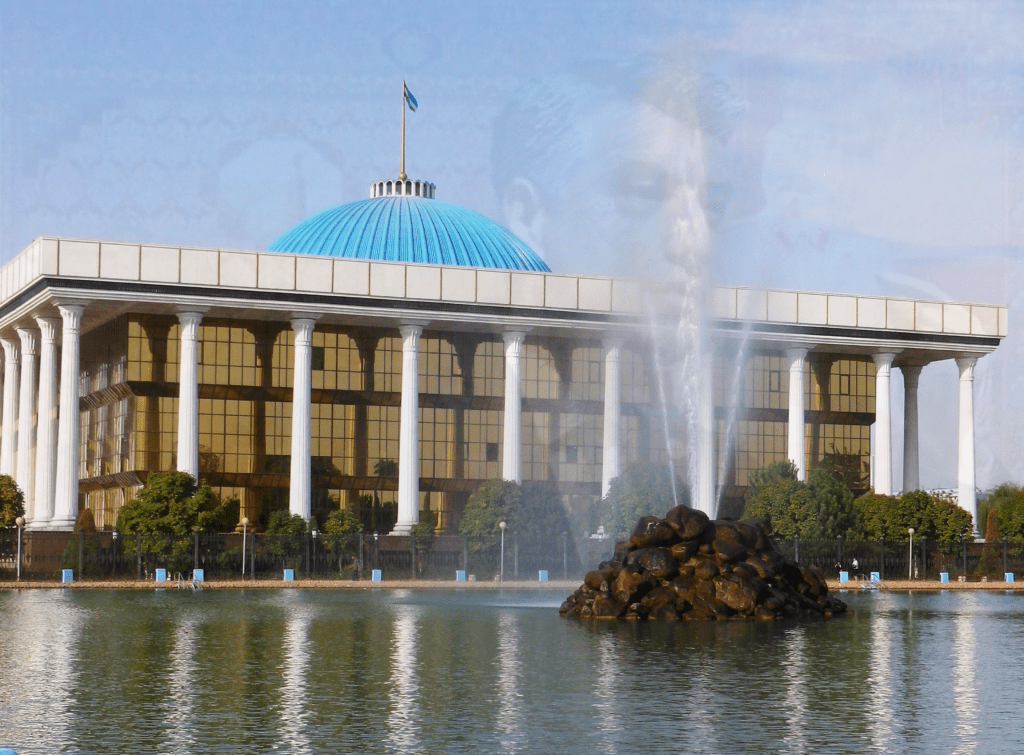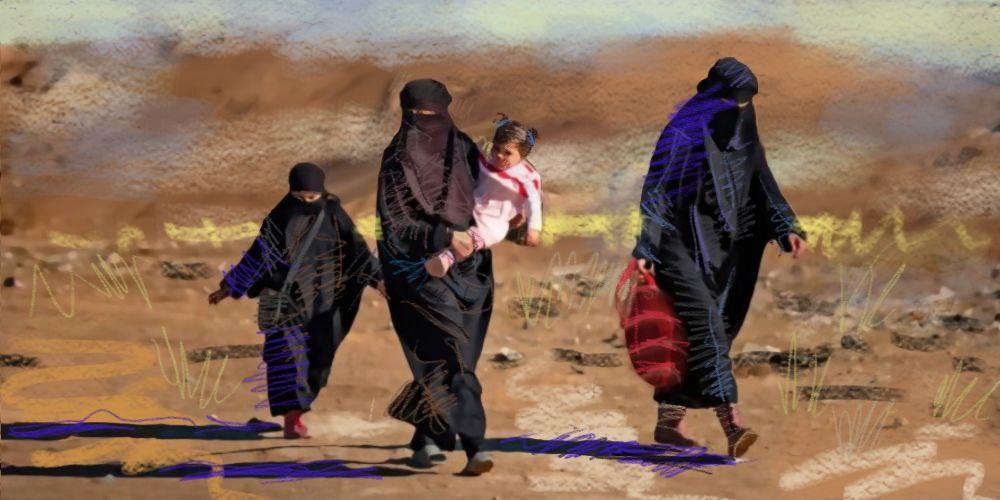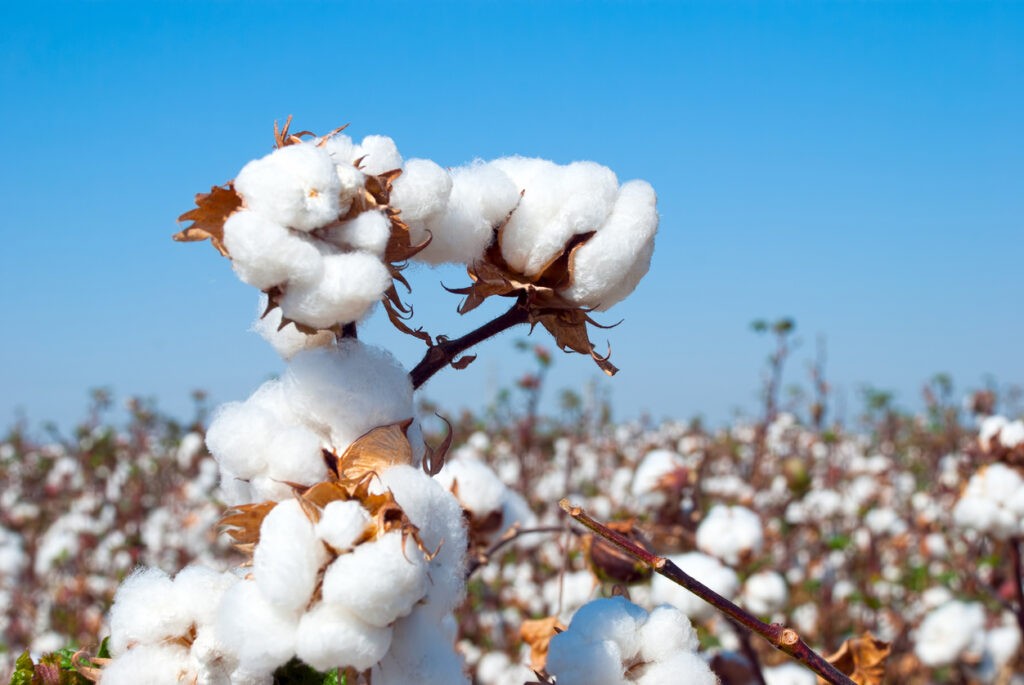ASHGABAT (TCA) — Turkmenistan’s appalling human rights record undermines the possibility of a free and fair presidential election on February 12, 2017, Human Rights Watch said on February 7. The election climate in Turkmenistan denies its citizens the ability to choose their president freely or enjoy freedom of expression or access to information.
“Turkmenistan has never held a free and fair election and this one is no exception,” said Hugh Williamson, Europe and Central Asia director for Human Rights Watch. “Genuine elections are impossible where authorities maintain tight control over all aspects of public life, violating basic rights relating to freedom of the media, expression, and civil society.”
The incumbent president, Gurbanguly Berdymukhamedov, 59, who has served for two terms, is running for re-election as one of nine candidates. Constitutional changes in September 2016, widely seen as allowing him to remain president for life, removed restrictions on the president’s age, and extended the presidential term from five to seven years.
The election will be the first with candidates from parties other than the ruling party, the Democratic Party of Turkmenistan, following a 2012 law that permitted new parties to form. Durdygylych Orazov, Mary region party chairman, is running from the Agrarian Party, and Bekmyrat Atalyev, a member of parliament, is running from the Party of Industrialists and Entrepreneurs.
However, the government’s near total control over public life, including the media, public meetings, and access to information, means that there is nowhere close to a level playing field between candidates, Human Rights Watch said. Voters cannot express their views about all candidates in an open manner and without fear.
Berdymukhamedov won overwhelming victories in tightly controlled, pro forma elections in 2007 and 2012.
The Turkmenistan government denies freedoms of association, expression, and religion. The country is utterly closed to all independent scrutiny and has no political freedom. The few activists who try to promote human rights under the radar face a constant threat of government reprisal. Authorities often impose arbitrary travel bans on activists and relatives of exiled dissidents and others, and deny entry to foreign journalists, human rights defenders, and rights monitors. For years the government has waged a campaign to force people to dismantle their privately owned satellite dishes and subscribe to government-controlled cable television packages that cut them off entirely from alternative sources of information. In May 2016, the European Union postponed ratification of its Partnership and Cooperation Agreement with Turkmenistan over human rights concerns.
On February 1, the Organization for Security and Co-operation in Europe’s Office for Democratic Institutions and Human Rights (ODIHR) sent a limited observation mission to Turkmenistan to review election laws and their administration, and the media environment for the election. The UN Human Rights Committee will review Turkmenistan’s compliance with its civil and political rights obligations at its upcoming session in March.
“Turkmenistan’s international partners should press the government to… carry out urgently needed and long-overdue reforms to ensure at least minimal respect for human rights,” Williamson said.
